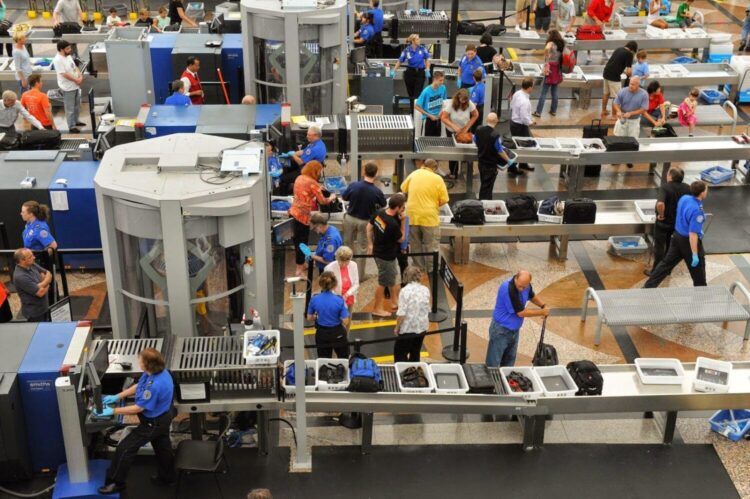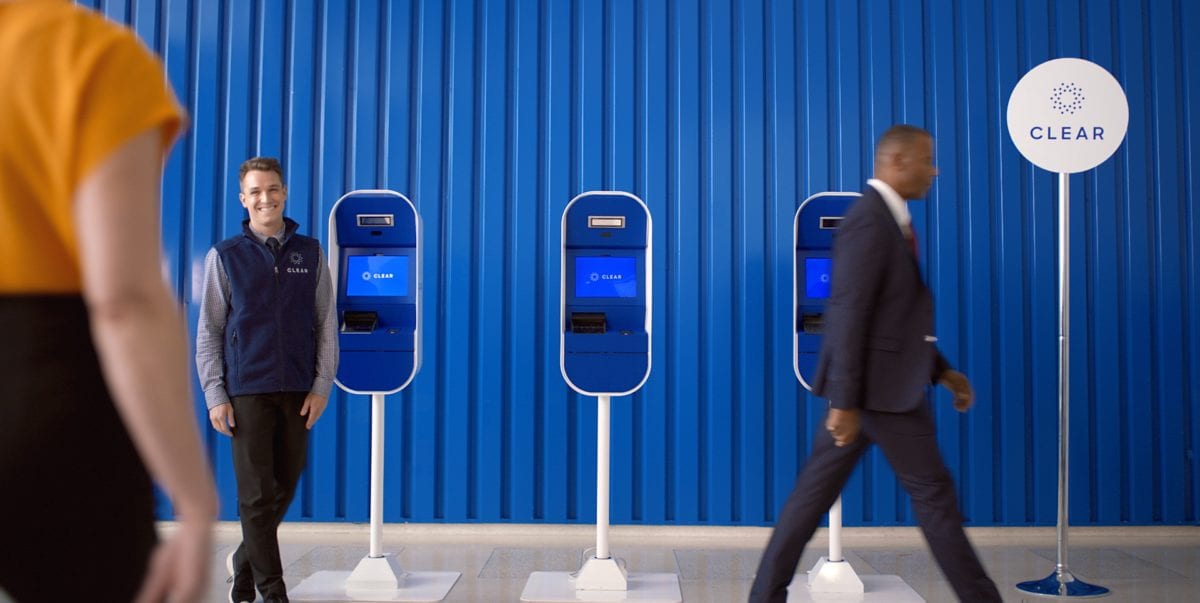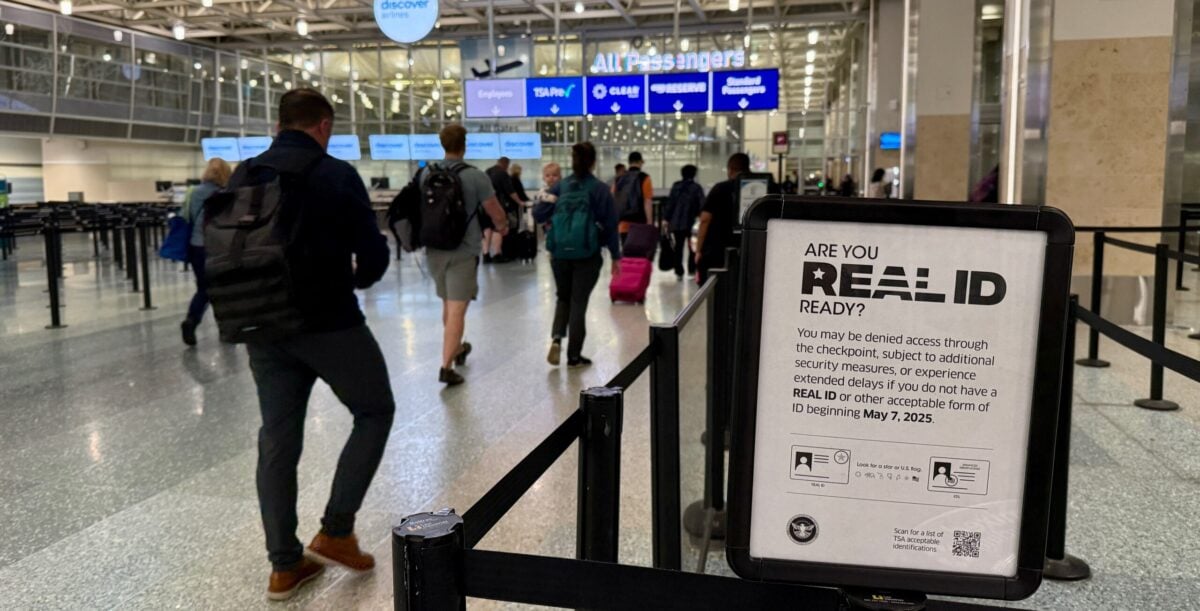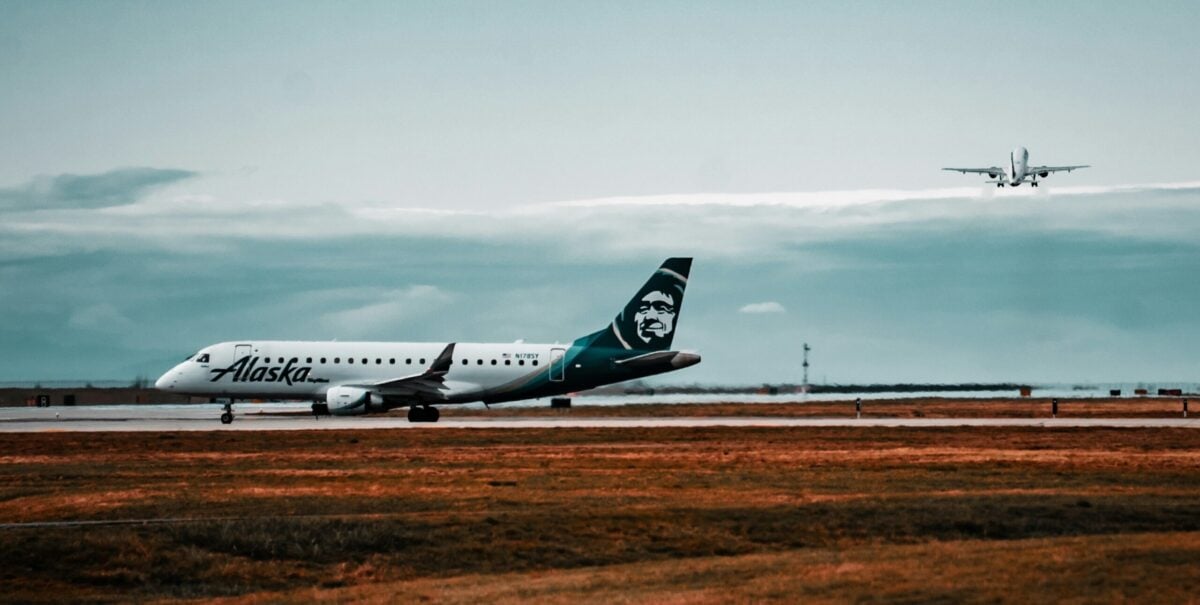
TSA Confirms: All Passengers Can Keep Their Shoes On at Security
After more than 20 years, the Transportation Security Administration (TSA) will no longer force passengers in general security lines take off their shoes for screening. Reports about this drastic (and long-awaited) change began to swirl over the weekend after TikToker and self-described former TSA Officer travelwiththeharmony first suggested it was coming, based upon an internal memo fr...
















